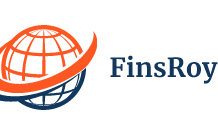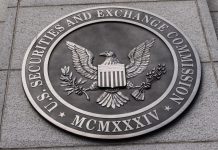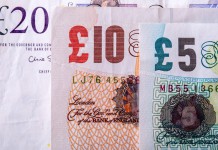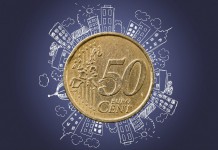Chats with Merkel and Macron to drum up support
In a rare show of the need for consolidated action, President Trump apparently contacted the leaders of France and Germany to “drum up” support for his calls for action over Chinese trade practices. As someone who is fond of looking at matters in isolation is it possible that Trump is ignoring the fact that China is also America’s largest creditor and it is vital to his plans for regeneration that they continue to buy American debt?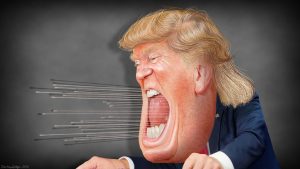
Germany and France cannot make any promises on trade in any case, since their agreements are tied up in a pan-EU deal. Trump should maybe have called Jean-Claude Juncker but given the presumed antipathy between the two that may have been a very short call.
It is surely only a matter of time before China issues a stronger response than simply inviting the U.S. for talks on how the U.S. can improve access to Chinese markets.
It is entirely possible that this whole trade saga is nothing more than two superpowers testing each other’s resolve as in practical terms artificial trade arrangements never work and allowing America better access does not mean that the Chinese will “buy American”.
We may get a clearer view of the Fed’s thoughts last week today as the final cut of Q4’17 GDP is released. The risk is to the downside and anything less than 2.8% YoY may see the dollar index fall close to its recent lows.
Pharma deal leads to Sterling fall.
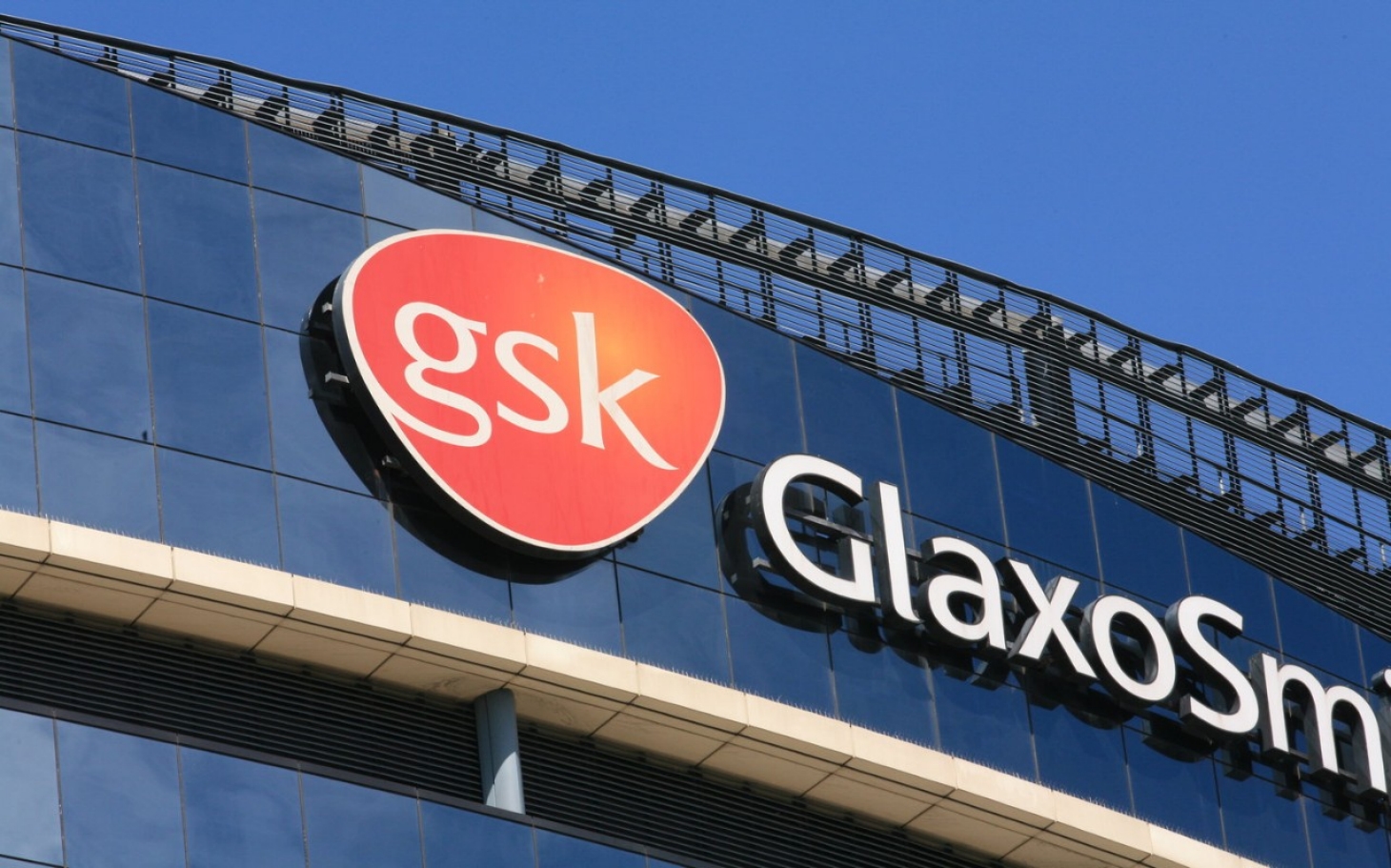 A deal for Glaxo Smith Kline, the British pharmaceutical giant, to buy Novartis, its Swiss rival for £13 bio yesterday set Sterling on a correction. It is hard to follow that when these deals are announced, the currency market reacts as if an FX trade for the full amount is going to be executed that same day.
A deal for Glaxo Smith Kline, the British pharmaceutical giant, to buy Novartis, its Swiss rival for £13 bio yesterday set Sterling on a correction. It is hard to follow that when these deals are announced, the currency market reacts as if an FX trade for the full amount is going to be executed that same day.
That is, of course, not the case and it could take weeks of months before any trade is done and even then, it won’t be a single trade for the full amount and then it could simply be absorbed into market liquidity on any given day.
With a long weekend coming together with the end of the quarter, the next forty-eight hours have the potential to either see large counter-trend moves or no activity at all. Asset Managers tend to rebalance their positions at quarter end, so we can see a fair amount of volatility but, if liquidity falls, that volatility could be significant. Equally traders may see the opportunity to close their books, take what they have and re-evaluate next week for the start of Q2.
A long campaign begins
The next President of the ECB will be a very fortunate man. That is not intended to be a sexist comment it’s just that there appear to be no women in the running (yet)!
Whoever takes over will do so with the Eurozone economy exhibiting growth and a certain amount of consistency. The Central Bank’s General Council are united in their view of the economy and monetary policy. It is therefore a surprise that for the sake of continuity that the new President isn’t chosen from within by the Council themselves.
The two primary candidates for the “top job” are members of the Governing Council but the decision will be made by the European Commission.
The first salvo in the campaign was probably fired by Jens Weidmann the Bundesbank President who called for rates to be increased by mid-2018. That is despite the consensus that it is better to be reactive, since inflation is benign in the region, and it is well known that such a long lead in can be sensible given the political uncertainties that can develop.
The Finnish Central Bank Governor, a member of the Governing Council of the ECB, Erkki Liikanen backed his President’s view yesterday by commenting that political uncertainties could derail economic development in the Eurozone and lead to an increase rather than the tapering of the Asset Purchase Scheme.



